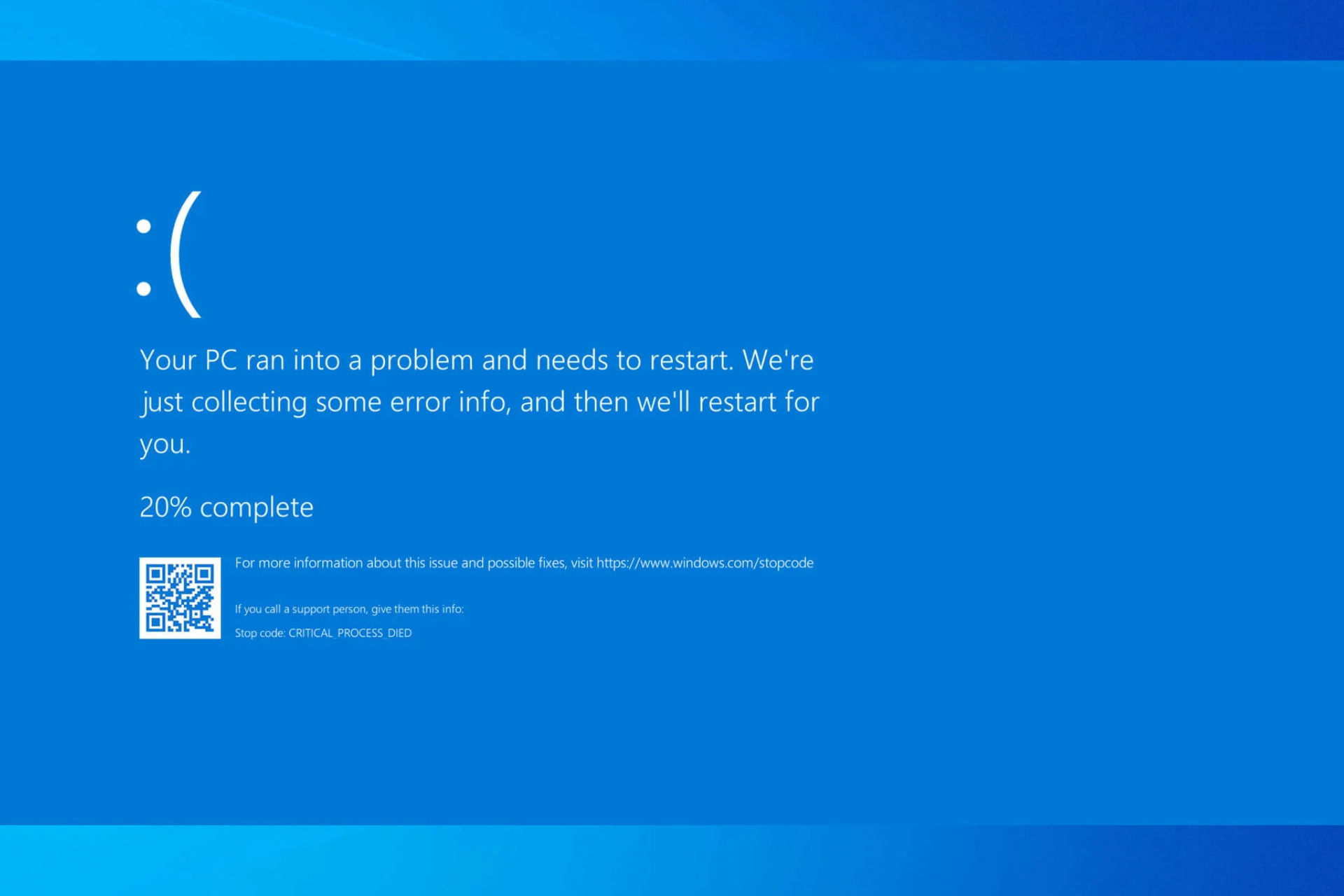US Supreme Court to hear Microsoft Ireland data case today
3 min. read
Published on
Read our disclosure page to find out how can you help Windows Report sustain the editorial team. Read more
Over the past few years, Microsoft has been involved in a battle with the US government over emails from a user who was alleged to be part of the Silk Road. The messages were held at a data center in Ireland, and Microsoft argues federal and local U.S law enforcement agencies cannot use search warrants to seize emails of citizens of foreign countries located in data centers outside the United States. The government, meanwhile, holds the 1986 Communications Privacy Act as its defense, which Microsoft finds dated and conflicting with global laws.
Microsoft recently won an appeal, and in the latest entry to this saga, the US Supreme Court will hear the case today (via Reuters.) The nine Supreme Court judges will consider Microsoft’s argument, and many other tech giants are keeping a watchful eye on the case, as it has the potential to be a champion for privacy rights.
The company today also published a blog post about the issue, saying the situation is a “problem Congress should solve.” Microsoft’s Brad Smith writes that he believes the US government should instead work with the Irish government to obtain the data they want. He is also pushing for “modern laws to govern today’s technology,” writing, “we can’t rely on laws written three decades ago, before the internet as we know it was invented.”

The Microsoft President also mentions the CLOUD Act, which has bipartisan support in Congress and sets the stage for laws that can define how law enforcement agencies can access data across international in the investigation of crimes. He also points to these Microsoft arguments in the case, which “Stand up for national sovereignty.”
- When the U.S. Government requires a tech company to execute a warrant for emails stored overseas, the provider must search a foreign datacenter and make a copy abroad, and then import that copy to the United States. This creates a complex issue with international consequences.
- Other countries want to be in control of when and how law enforcement agencies access data belonging to their citizens. When one country seeks private emails stored in another country, international treaties and norms require bilateral cooperation, not unilateral actions. The risk of foreign relations clashes is all the more acute because state and local U.S. law enforcement—not just federal officials—can invoke the Stored Communications Act, the law the DOJ is using in this case.
- People deserve to have their privacy protected by their own country’s laws. If the U.S. Government obtains the power to unilaterally search and seize the private communications of foreign citizens that are stored exclusively in foreign countries, then other governments will be emboldened to do the same to us.
- U.S. companies are leaders in cloud computing. This leadership is based on trust. If customers around the world believe that the U.S. Government has the power to unilaterally reach in to datacenters operated by American companies, without reference or notification to their own government, they won’t trust this technology.
The Redmond company was the first tech giant to challenge a US search warrant for data outside the US. A decision is expected sometime in June, and many other tech giants have backed Microsoft, with the EU recently filing an amicus brief in the case.








User forum
0 messages